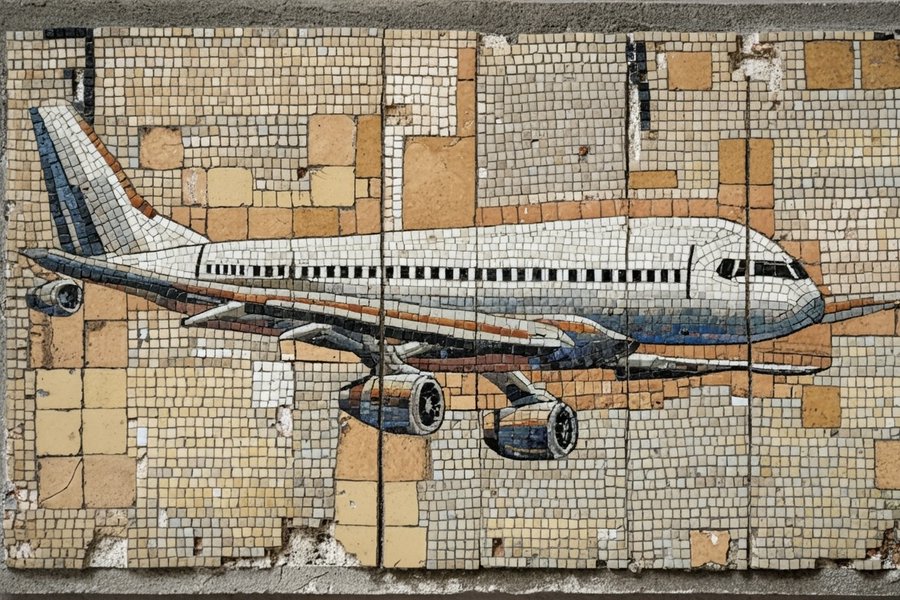Frequent flyer programs have long been a staple of the airline industry, offering loyal customers the chance to earn miles and enjoy various perks. However, recent scrutiny has raised questions about the fairness and transparency of these programs. Are they essentially pyramid schemes designed to maximize airline profits at the expense of consumer benefits?
The Financial Value of Loyalty Programs
Airline loyalty programs are incredibly valuable. For instance, United Airlines’ loyalty program was valued at more than $22 billion in 2020, with American and Delta’s programs similarly valued. Collectively, the four major airline loyalty programs are worth over $80 billion, much more than the airlines’ total market capitalizations. Airlines have even used these programs as collateral to secure loans, highlighting their significant financial value.
Government Scrutiny and Potential Changes
The Department of Transportation (DOT) is investigating airline loyalty programs for fairness, transparency, predictability, and competitiveness. This investigation could lead to some superficial changes, but airlines are likely to find ways to continue maximizing their profits. For example, Sheldon H. Jacobson suggests that while the DOT investigation might lead to some changes, airlines will continue to find ways to profit from these programs.
Case Study: JetBlue’s Financial Challenges
JetBlue Airways recently used its loyalty program as collateral for a $2.75 billion debt sale, a move that led to downgrades by Moody’s and S&P. The airline’s financial challenges highlight the significant role loyalty programs play in the industry’s financial health. Despite these challenges, JetBlue’s CEO unveiled a turnaround plan that involved exiting cities and pushing out new aircraft purchases, aiming to revamp operations in the face of persistently high costs and diminished growth prospects.
Consumer Impact and Sentiment
The scrutiny of frequent flyer programs has led to mixed sentiments among consumers. While some appreciate the benefits, others feel that the programs are increasingly becoming less transparent and more difficult to navigate. The potential changes resulting from the DOT investigation could impact consumer trust and loyalty, but airlines are likely to adapt their strategies to maintain profitability.
Conclusion
In conclusion, frequent flyer programs are a double-edged sword. While they offer significant financial value to airlines, they also face scrutiny for their fairness and transparency. As the industry evolves, it will be interesting to see how airlines balance profitability with consumer trust and satisfaction. The ongoing DOT investigation and financial challenges faced by airlines like JetBlue will play a crucial role in shaping the future of these programs.
Ready to Transform Your Hotel Experience? Schedule a free demo today
Explore Textify’s AI membership
Explore latest trends with NewsGenie


